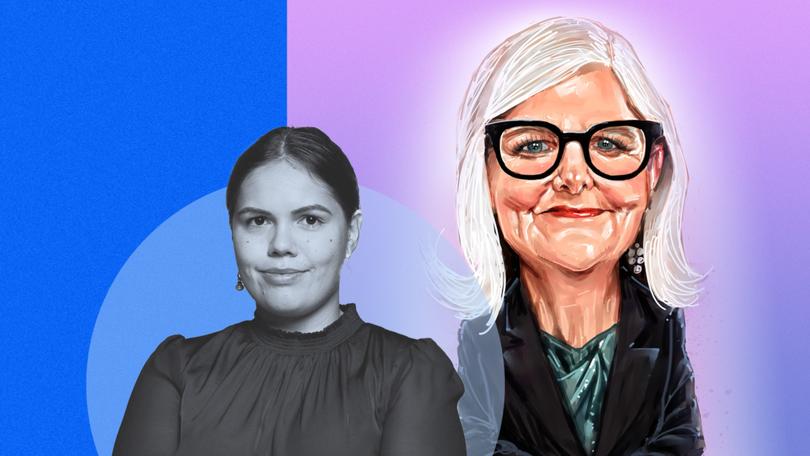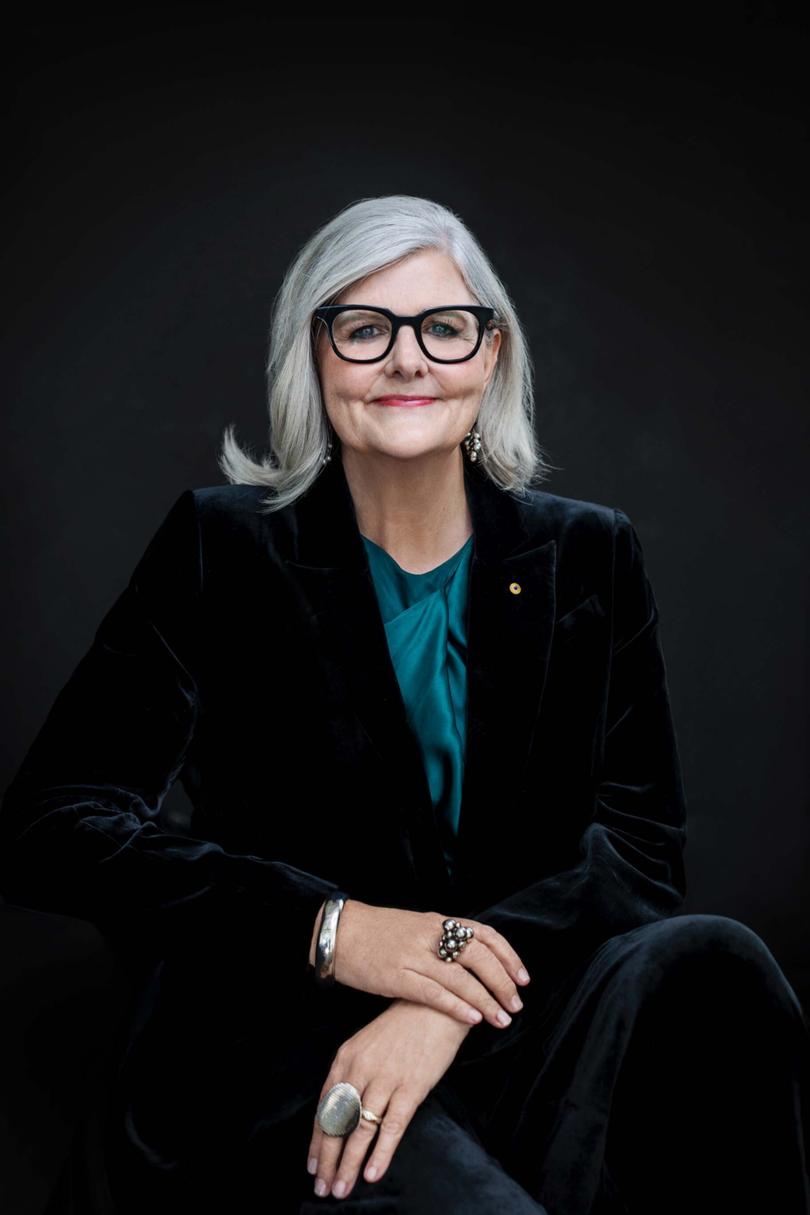EMMA GARLETT: Incoming Governor General Samantha Mostyn’s gender equity activism is an asset
EMMA GARLETT: The dust has settled on the announcement of Australia’s incoming governor-general and the reaction to the appointment says a lot about our nation.

The dust has settled on the announcement of Australia’s incoming governor-general and the reactions of Australians to the appointment of businesswoman and gender equity advocate Samantha Mostyn as the King’s representative says a lot about our nation.
Normally, this volume of reaction — from both media and regular punters — is reserved for movie stars and musicians with the most rabid of fan bases.
Ms Mostyn is definitely getting the celebrity treatment within Indigenous circles. Many Indigenous people have taken to social media to celebrate the appointment and discuss what it may mean to Australia’s future as a progressive nation.
Sign up to The Nightly's newsletters.
Get the first look at the digital newspaper, curated daily stories and breaking headlines delivered to your inbox.
By continuing you agree to our Terms and Privacy Policy.There was some talk, prior to Ms Mostyn’s appointment, that Australia’s next governor-general should have been an Indigenous person. After all, Sir Douglas Nicholls, who served as South Australian governor in 1977, is the only Aboriginal Australian to ever hold a vice-regal position.
Names thought to be in contention included Pat Dodson, June Oscar, Ken Wyatt and Pat Turner, all of whom are great leaders.
Some will feel this has been a lost opportunity to make a powerful statement about the place of Aboriginal Australia as we continue to reel from the loss of the Voice referendum.
But we cannot make the perfect the enemy of the good.
Prime Minister Anthony Albanese said of our incoming governor-general: “Sam Mostyn is an exceptional leader who represents the best of modern Australia”.
That’s “modern” Australia, not the old, conservative Australia of the past. This “modern” Australia needs someone not afraid to depart from the traditional as its figurehead. In this, Sam Mostyn will excel.
However, what is a glorious moment for both women and those with an interest in equality has been criticised by those who still hold onto their old ways of thinking and who haven’t moved with the times as our societal standards shift.
These people have taken issue with some of the comments Ms Mostyn has made in the past.
When you Google Ms Mostyn, the descriptor that pops up under her name is “Australian advocate”. This is an asset, and her work has landed her in the role she is in now. But her progressive values have made her the latest punching bag in the cultural wars.
Some of the criticism directed her way includes a description of her appointment as a case of a “cushy job for the wokest of women”.
Commentators from Sky News in particular have reacted with outrage to since-deleted tweets in which Ms Mostyn referred to Australia Day as “Invasion Day”.
According to them, this is an attitude incompatible with being Australia’s governor-general.

But feeling uncomfortable with Australia celebrating its national day on the anniversary of a day which for many First Nations people represents dispossession is not an extreme view.
In 2019, 70 per cent of Australians said they supported Australia Day remaining on January 26. By 2023, that figure had dropped to 56 per cent. Support is at its lowest among young people, indicating change will likely come — sooner or later.
Those who critiqued Sam Mostyn have exposed themselves for their conservative, imperialistic views.
The future is created by the decisions we make today. Who we choose to represent us says a lot about the sort of country we are, and we aspire to be.
The conservative pool is dwindling. Those who are drowning in their own old ways of thinking should consider where we are headed as a nation.
This is a win for women and a win for progress.
